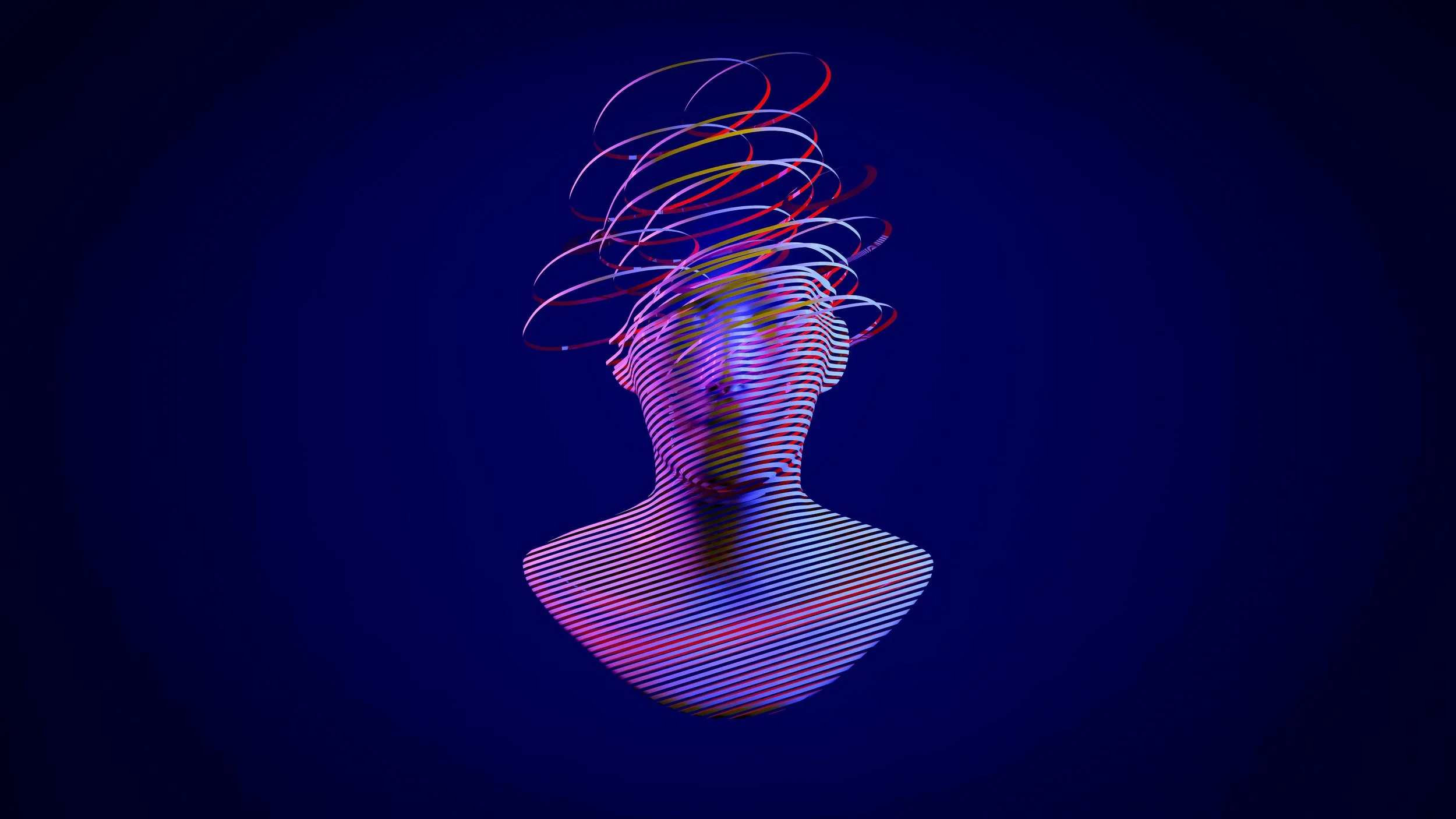Are We Losing Our Minds to Machines? The Hidden Cognitive Cost of ChatGPT and AI Automation
Our day-to-day experiences are increasingly shaped by generative AI, and tools like ChatGPT have rapidly become fixtures in our daily routines, from drafting emails to solving complex problems. But as these tools grow more powerful, a pressing question emerges: Could our increasing reliance on AI be eroding our own analytical thinking skills?
This article explores the psychological and societal effects of Artificial Intelligence (AI) overuse, the risk of cognitive atrophy, and how to cultivate a healthy relationship with these tools before we lose ourselves in automation.
From Convenience to Complacency: The Cognitive Trade-Offs of AI
AI tools are designed to make life easier. They can summarize texts, solve math problems, generate content, and even suggest business strategies. But these benefits may come with a hidden price: the decline of our critical thinking and problem-solving abilities.
A study by Microsoft Research showed that users who relied on AI for generating arguments or ideas were significantly less likely to engage in deep critical thinking. When AI provides seemingly “perfect” solutions at the click of a button, the human brain has little incentive to wrestle with ambiguity, evaluate alternatives, or reflect on outcomes. Over time, this reliance could weaken the very skills that make us adaptable and intelligent.
Another large-scale experiment by researcher Michael Gerlich revealed a subtle but consistent negative correlation between regular AI usage and users’ ability to reason independently. While AI boosted short-term task efficiency, it also encouraged what Gerlich called “cognitive outsourcing, ”delegating too much of the thinking process to machines.
Automation, Not Augmentation: When AI Stops Being a Tool
The original promise of AI was augmentation: helping humans perform tasks faster, better, and smarter. But when used excessively, AI can shift from being an aid to a crutch.
The danger lies in automation without reflection. AI-powered search and writing tools don’t just offer answers; they often skip the reasoning process entirely. When presented with AI-generated outcomes, we’re less likely to question the assumptions, methods, or logic behind them. This is especially concerning in educational settings, where learning how to think is more important than what to think.
In academic environments, using ChatGPT to generate essays or solve assignments might help students meet deadlines, but it also robs them of the intellectual struggle that builds expertise and creativity. As students learn to prompt rather than ponder, they risk graduating with polished résumés but underdeveloped minds.
AI in the Classroom: Gateway or Obstacle?
To be clear, AI can be an extraordinary educational asset. Tools like ChatGPT can break down complex topics, personalize explanations, and give immediate feedback. This can help demystify abstract concepts and spark more profound interest in subjects like math and science.
But when students lean too heavily on AI to provide answers rather than developing their own thought processes, it undermines learning outcomes. A study from the University of Hong Kong found that students who used AI tools for homework tended to remember less, participate less in discussions, and struggle more in exams. The same tools that help them learn faster may also encourage them to learn less.
The key difference lies in how these tools are used. AI should support human reasoning, not replace it.
How to Use AI Without Losing Yourself
We don't have to reject AI to preserve our thinking skills. But we do need to rethink how we engage with it. Here are a few strategies to maintain a healthy cognitive balance:
1. Use AI for Inspiration, Not Completion
Let AI give you a starting point: an outline, a few ideas, or background research. However, the individual should do the analytical lifting, not AI. Challenge its output, rewrite it, and build on it with your own insights.
2. Practice Digital Mindfulness
Not every task needs to be outsourced. Intentionally perform tasks without AI occasionally, especially those involving writing, analysis, or planning. This keeps your mental muscles active.
3. Ask “Why” and “How”
Whenever you use AI, ask yourself: Why did it give this answer? How would I approach this problem differently? This helps shift you from passive consumption to active engagement.
4. Limit Dependence for Critical Tasks
For decisions involving ethics, strategy, relationships, or complex trade-offs, avoid defaulting to AI. These areas require human nuance, emotional intelligence, and often moral reasoning, areas where AI is still fundamentally limited.
5. Educate Yourself About AI’s Limitations
Understanding that AI can hallucinate, embed bias, or fabricate authority helps you remain cautious and skeptical. Treat its outputs as suggestions, not gospel.
The Bigger Picture: Intelligence in the Age of Automation
We live in a paradox. AI makes us smarter in some ways, giving us access to more knowledge, faster insights, and better tools. But it’s also tempting us into mental laziness. The risk isn’t that AI will outsmart us. The real risk is that we’ll forget how to use our own minds in the first place.
In an age where answers are one prompt away, the real competitive edge lies not in speed or output, but in judgment, creativity, and discernment. These are the human faculties we cannot afford to neglect.
As automation becomes more integrated into every aspect of work and life, the challenge isn’t to resist AI; it’s to resist passivity. The future belongs not to those who rely on AI but to those who know how to question it, shape it, and think beyond it.

